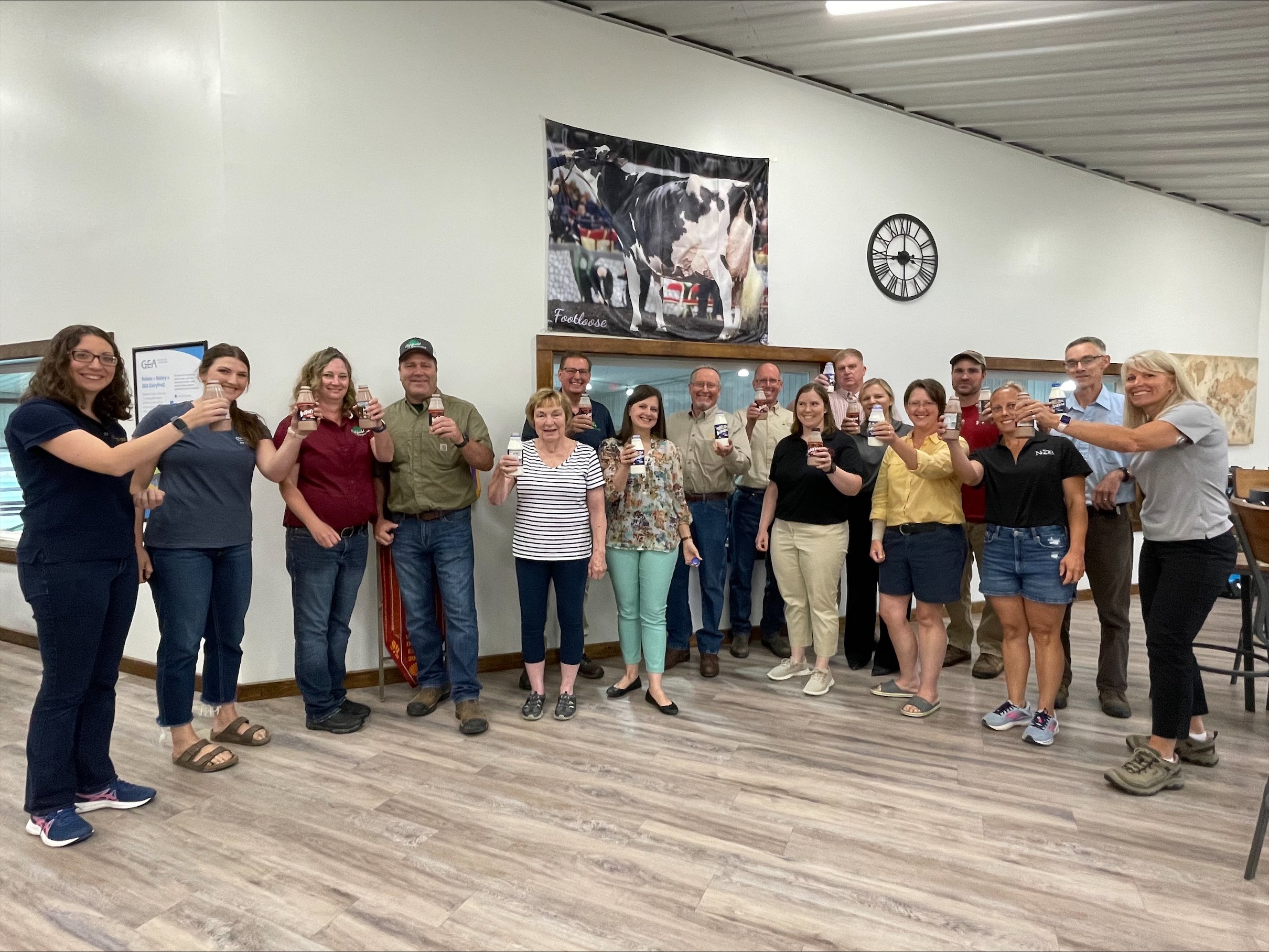For this month’s NEAFA Member profile, we spoke with Mark Gannon, the CEO of Gannon Associates and General Manager of Agri-Services Agency. “Gannon Associates is an independent insurance agency,” said Gannon. “Since 1973, we’ve provided coverage through multiple insurance carriers so that we can find the right fit for our customers. Different carriers have different appetites for what they want to cover. We do commercial insurance, individual and family policies, as well as property, casualty, and health and benefits.”
Gannon’s agricultural roots come from its start in Pennsylvania. “Our business was born smack dab in the middle of dairy country in Northeastern Pennsylvania. “That dairy community is what we grew up in and around, so it was natural to start doing business with dairy co-ops,” said Gannon. “That grew into working with all sorts of agribusinesses that support that segment, including feed mills, equipment suppliers, veterinarians, supply companies, etc. It was a natural fit to build a relationship within the community that support the dairy industry. We’re a family business, just like many of our clients. I joined in 1995. I wanted to give the agency a try after going to college at Penn State, where I received a degree in Exercise Support Science with a business minor. As I got older, I realized that I really enjoyed the family business and working with the customers and meeting different business owners to make sure they’re protected properly. When you talk with the people in the agricultural industry, there’s just an excitement about what they do that’s unique.”
Over the past 29 years, Gannon has seen plenty of changes in both agricultural and insurance. “Insurance is an industry that is constantly changing,” said Gannon. “It’s never stagnant. It’s a big relationship business. I like working with people, dealing with customers, carriers, and staff. I really like the people aspect of the industry. Insurance is not a product that people get excited about. It’s not a new car or home, but at the same time it’s essential to keep things moving. If things aren’t right, a business can be derailed, and it’s nice to see people get back on their feet because they had the right protection in place.”
In 2000, Gannon Associates merged with Agri-Services Agency. “We both had a significant interest in agriculture, and coming together made sense,” said Gannon. My involvement with ASA is 100% focused on agriculture. With Gannon, we have an agricultural niche, but also do municipalities and main street business and more. John Schoonover is the General Manager of Gannon now. He keeps an eye on that, while I jumped in with both feet on the agricultural side as the GM of ASA. There’s a lot going on in the technology space right now that we’re making sure to keep up with, and we’re always focused on safety on farms. We want to find share information with our clients on how they can make their jobs safer and keep them out of the way of harm. There’s also a lot of effort going into sustainability which also adds to a change in the risk of a business. It’s good to hear the stories about what’s going on in that space by the agricultural community. I don’t think a lot of the rest of the country knows what’s going on there, and the advancements in sustainability that are being made.”
With their work with agribusinesses, NEAFA membership made sense for Gannon. “We spend a lot of time working with NEAFA members on their insurance,” said Gannon. “When we learned about NEAFA and what they do, we wanted to join. It gives us a great chance to support and be involved with the industry on a regular basis. You get to see folks in a different environment, and talk about how things are going in a way you can’t during a work situation.”
To learn more about Gannon or ASA, you can visit their websites, or give them a call. “If you call us, you get to talk with a person,” said Gannon. “Our phone system doesn’t use voicemail, someone will talk to you about what you need. Our people that are going out to call on these risks and claims, all they do is work with agriculture. They’re on that specific risk every day. They live on the back roads of America, and they’re really comfortable and enjoy the space they’re in and the people they work with.”
Gannon’s website is https://gannonassociates.com/, and their phone number is 1-844-426-6667. You can visit ASA’s website at https://www.agri-servicesagency.com/ , or call 1-877-466-9089.



























